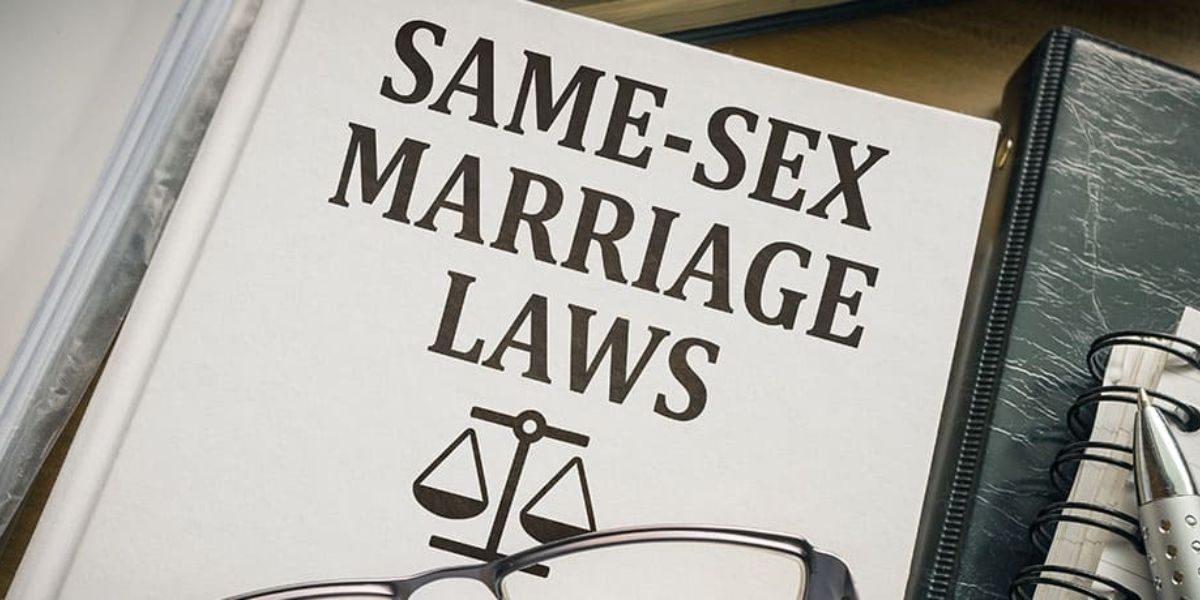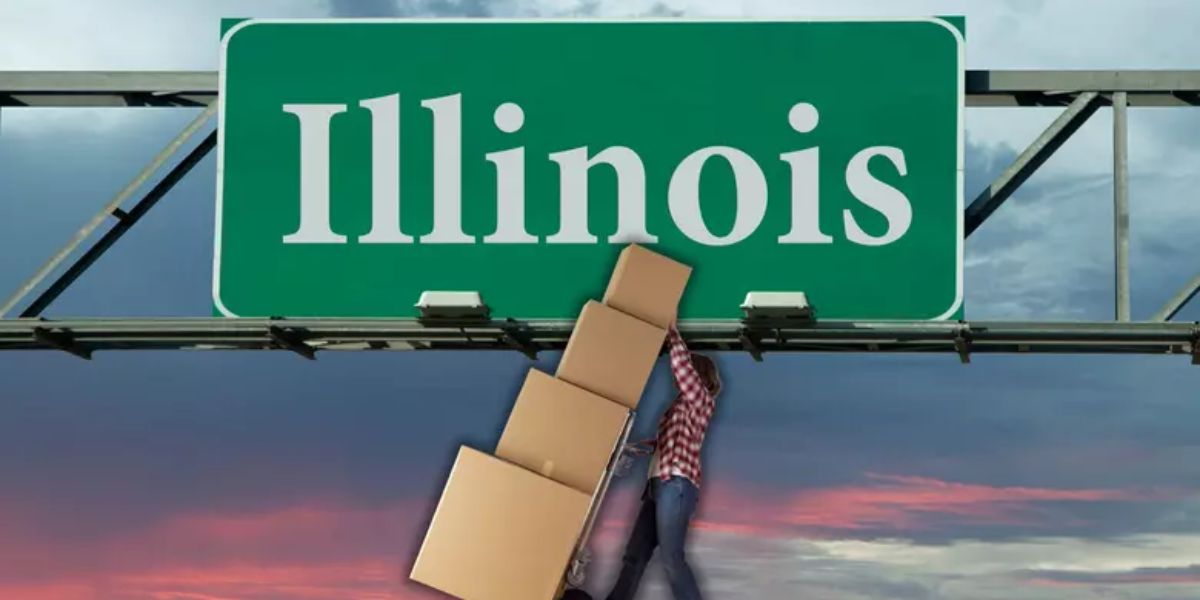Same-sex marriage has been a widely debated topic in the United States, with laws evolving significantly over the years. In Maryland, the journey to marriage equality has been marked by legal battles, legislative actions, and public referendums.
Understanding the history and current legal status of same-sex marriage in Maryland is essential for those seeking clarity on this important civil rights issue.
The Legal History of Same-Sex Marriage in Maryland
The path to same-sex marriage legalization in Maryland involved a mix of judicial rulings, legislative decisions, and public voting.
Early Legal Challenges
Before the legalization of same-sex marriage, Maryland law defined marriage as a union between one man and one woman. In 2007, the Maryland Court of Appeals ruled in Conaway v. Deane that the state’s ban on same-sex marriage was constitutional.
This decision was a setback for LGBTQ+ advocates, but it also spurred efforts to change the law through legislative means.
Legislative Action and Referendum
In 2012, the Maryland General Assembly passed the Civil Marriage Protection Act, legalizing same-sex marriage. Governor Martin O’Malley signed the bill into law on March 1, 2012.
However, opponents gathered enough signatures to place the issue on the November 2012 ballot as Question 6. Maryland voters approved the law by a margin of 52.4% to 47.6%, making Maryland one of the first states to legalize same-sex marriage by popular vote.
Federal Recognition and Nationwide Impact
Although Maryland had legalized same-sex marriage, federal recognition remained uncertain until 2013. The U.S. Supreme Court’s ruling in United States v. Windsor struck down the Defense of Marriage Act (DOMA), allowing federal recognition of same-sex marriages performed in states like Maryland.
This decision granted married same-sex couples federal benefits, including tax advantages, Social Security spousal benefits, and immigration rights.
Two years later, in 2015, the Supreme Court’s landmark ruling in Obergefell v. Hodges guaranteed the right to same-sex marriage nationwide. This decision ensured that all states, including Maryland, must recognize and perform same-sex marriages, solidifying marriage equality across the country.
Current Legal Status of Same-Sex Marriage in Maryland
As of today, same-sex marriage remains fully legal in Maryland. LGBTQ+ couples have the same rights and responsibilities as heterosexual couples, including:
- The right to marry and have their union legally recognized
- Access to spousal benefits, including health insurance, inheritance, and tax benefits
- Parental rights, including adoption and surrogacy
- Divorce and legal separation protections
Maryland law protects same-sex couples from discrimination in marriage-related matters. Religious institutions retain the right to refuse to perform same-sex marriages, but this does not impact the legal status of those marriages under civil law.
Public Opinion and Social Acceptance
Since the legalization of same-sex marriage, public opinion in Maryland has increasingly supported LGBTQ+ rights. According to surveys, most Maryland residents believe in marriage equality and equal rights for same-sex couples. Advocacy groups and LGBTQ+ organizations continue to work towards broader protections and inclusivity, ensuring that marriage rights remain secure.
Despite progress, some challenges persist. Discrimination in certain areas, such as housing and employment, remains a concern for LGBTQ+ individuals. Efforts to strengthen anti-discrimination laws and provide greater protections continue to be a priority for advocacy groups in Maryland.
Conclusion
Same-sex marriage is fully legal in Maryland, thanks to a combination of legislative action, voter support, and federal judicial rulings. The journey to marriage equality has been long and complex, but today, same-sex couples in Maryland enjoy the same legal rights as their heterosexual counterparts. While social acceptance and legal protections continue to evolve, Maryland remains a progressive state for LGBTQ+ rights. As laws and societal attitudes continue to change, ongoing advocacy will play a crucial role in ensuring that marriage equality remains firmly protected.




